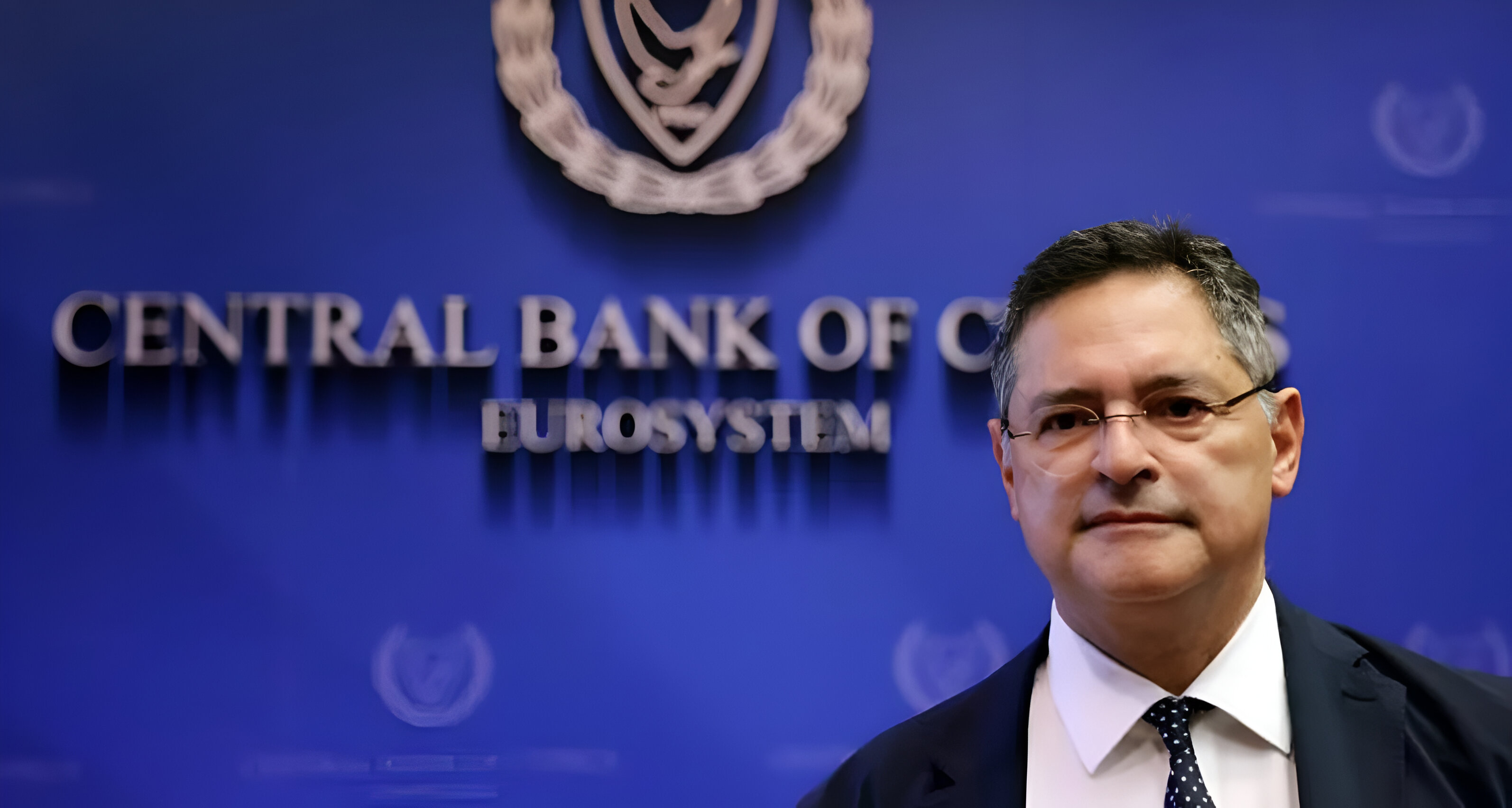'Cyprus banking sector resilient but must modernise further'
Central Bank of Cyprus (CBC) governor Christodoulos Patsalides on Friday highlighted the country’s economic transformation in recent years, while also outlining the challenges that lie ahead.
Speaking at a joint conference organised by the CBC and the European Stability Mechanism (ESM), he stressed the need for sustainability, innovation, and inclusiveness in shaping Cyprus’ economic future.
Patsalides opened his remarks by welcoming distinguished speakers and participants, acknowledging the pivotal moment Cyprus finds itself in.
“Cyprus stands at a pivotal moment in its ongoing economic evolution,” he said.
Reflecting on the past decade, he noted the country’s progress in shifting its economic and banking models, from recovering after the 2013 financial crisis to building a more diversified and resilient economy.
He also pointed to the global and regional challenges that influence economic policy, including geopolitical tensions, technological advancements, and climate imperatives.
These factors, he explained, create both uncertainty and opportunities that require strategic adaptation.
The governor highlighted the crucial role played by the ESM in safeguarding financial stability in the euro area and supporting Cyprus’ recovery and resilience.
“Its role in ensuring a robust macroeconomic and financial performance is as relevant today as it was during the crisis years,” Patsalides said.
“However, stability and robustness alone are not enough—we must also ensure that our economy is built on a foundation of sustainability, innovation, and inclusiveness,” he added.
A key focus of his speech was the transformation of the banking sector, which he described as a pillar of economic stability.
He praised Cyprus’ significant progress in strengthening financial stability, reducing non-performing loans, and improving regulatory oversight.
“The banking sector today is resilient and enjoys stronger capital and liquidity buffers, among the highest in the euro area,” he said.
However, he explained that modernisation remains essential, particularly through digitalisation, financial literacy, and improved access to financing for businesses and households.
“Aligning with European banking standards and sustainability frameworks will further enhance the sector’s role in fostering long-term economic stability,” the governor said.
“The resilience and adaptability of our financial institutions will be instrumental in supporting Cyprus’ broader economic transformation,” he added.
Patsalides also addressed the broader structural changes shaping the Cypriot economy.
He pointed to economic diversification efforts, citing the expansion into technology, fintech, and renewable energy.
The CBC chief further highlighted the adoption of digital financial services, which has promoted innovation and productivity.
Another key aspect of economic transformation has been aligning with European and global sustainability goals.
“We have aligned our economy with European and global sustainability goals, thus ensuring that growth is both environmentally responsible and economically viable,” he explained.
Additionally, he stressed the need to equip the workforce with skills for the future, emphasising lifelong learning as a crucial strategy in adapting to demographic changes.
The governor then turned to Cyprus’ fiscal policies, underscoring the significance of the Stability and Growth Pact (SGP) in ensuring sound public finances.
“As Cyprus continues its path of economic transformation, it is imperative that our structural reforms are aligned with the principles of fiscal responsibility, debt sustainability, and macroeconomic resilience,” he stated.
He referenced the country’s budget surplus of 4.5 per cent of GDP in 2024 as evidence of its commitment to fiscal responsibility.
Furthermore, he noted the trajectory of public debt, which stood at 61.9 per cent in January 2025, reinforcing Cyprus’ progress toward long-term financial stability.
The SGP framework, he explained, prioritises structural reforms that enhance productivity, competitiveness, and economic resilience.
He reiterated the importance of further strengthening public finances while supporting growth-enhancing reforms in key sectors.
“Ensuring that investments in digital and green transformation are conducted in a fiscally sustainable manner is crucial,” he said.
He also highlighted the need for greater efficiency in public administration and regulatory frameworks to foster an environment conducive to private sector growth and innovation.
Looking to the future, Patsalides acknowledged that challenges remain but expressed confidence in Cyprus’ ability to adjust accordingly.
“Cyprus has repeatedly exhibited through time endurance and its ability to adapt, reform, and progress,” he stated.
Furthermore, he stressed that navigating the next steps in economic transformation requires clear policy priorities, strategic investments, and regulatory reforms.
To support this vision, he announced the establishment of a research and policy centre at the Central Bank of Cyprus, dedicated to conducting in-depth analysis to inform and guide policy decisions.
“I encourage an active engagement in today’s discussions, exchange of ideas, and exploring solutions that will enable Cyprus to position itself as a dynamic, competitive, and resilient economy within the euro area and beyond,” Patsalides said.
He also expressed his gratitude to the ESM for its collaboration. “Once again, I would like to extend my sincere appreciation to our ESM colleagues for their collaboration and I wish you all a productive and insightful participation,” he concluded.






Click here to change your cookie preferences